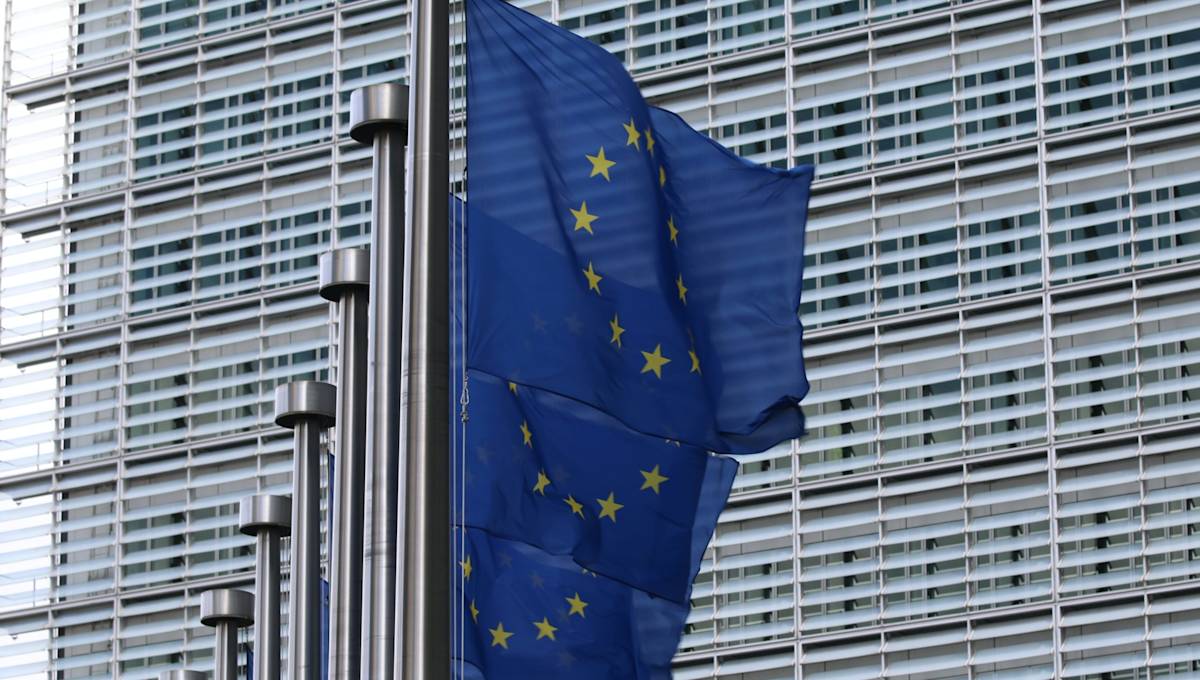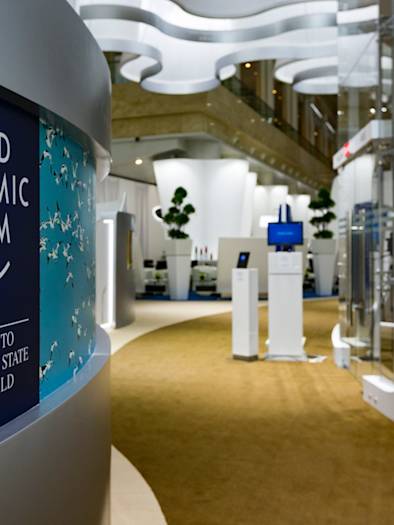
EU Competitiveness: Sticks, Carrots, and Contradictions
A major topic for this week’s European Summit (February, 8-9) is the discussion of last week’s Commission statement aiming to improve EU competitiveness while transitioning to net-zero emissions.
The Green Deal Industrial Plan for the Net-Zero Age includes defensive and offensive policies. These range from instruments (the sticks) that directly target the U.S.’ Inflation Reduction Act (IRA) – such as the retaliation instruments adopted during the French presidency to protect against third-country companies benefiting from state aid – to carrots for EU firms investing in net-zero or renewable-energy technologies or products. These could include additional aid money, or the relaxation of state-aid rules, resulting in easier subsidies. The upcoming (March) proposal to reform the EU electricity market will be the icing on the cake, as little can be achieved under the green legislation and the development of European green champions without access to plentiful green electricity.
The probability of non-consistent regulation is high considering these new measures pile on top of the 13 legislative pieces of the Fit-for-55 package still not finalized. It also creates de facto bottlenecks in the production of secondary legislation (delegated and implementing acts) which are essential given the Commission’s somewhat stop-go approach to awaiting new legislative proposals before implementing previously enacted ones.
Investors and businesses in net-zero technologies highly value the solid (and somewhat unique) regulatory framework that exists in the EU compared to other world regions, including the U.S., but are increasingly worried about the continued push for additional regulation creating uncertainty about regulatory stability, so critical for long-term investments.
The risk of getting it wrong is even greater if the European institutions try to rush through these new legislative packages; history has shown how the EU can trip up when it tries to run too quickly. Some member states urging the Commission to finalize the legislative process before the end of December 2024 does not augur well for better regulation.
Net-zero industries will be urgently seeking support to develop their public affairs strategies to successfully navigate these turbulent regulatory waters. With a strong heritage in helping companies transition in the intersection of industrial, sustainability, and regulatory concerns, Hill+Knowlton Strategies is uniquely positioned to help such businesses come to safe harbor.
In addition to the contradictory tension between too much regulation and competitiveness and investment attractiveness, several other key contradictions need to be considered:
The geopolitical contradiction is the impression that the proposals and narrative clearly target the U.S. and its IRA while the elephant in the room is China. How will the EU be able to show a coherent approach with its natural allies (U.S.) while addressing its concerns directly, through either legal action in the WTO or indirectly by threatening companies by prohibiting access to EU public procurement, and/or revisiting merger controls even when under the threshold?
The economic contradiction is that the EU has never been so generous (and rightly so) with state aid support than in its recent history, yet it still wants to condemn third-country governments that are somehow, though differently, doing the same. How can it do so credibly? The effect of this is also to be seen in the EU’s internal market, where many smaller member states cry foul against the state-aid practices of the likes of Germany and France, which together represented 80% of the aid granted in the EU in 2022.
The geological or geographical contradiction is grounded in Europe’s small size and very limited mining resources. It’s easy to impose stiff environmental rules when their effective application and impact domestically are minimal. Coupled with this is Europeans’ BANANA syndrome – build absolutely nothing anywhere near anything – which ultimately rubs off on the bloc’s politicians.
The financial & budgetary contradiction is linked to the additional direct, or indirect help, while only some 20% of the aid money available in Next EU Generation funding has been disbursed. This does not make sense and calls for first the spending of existing funds before raising yet more money on financial markets. Smaller member states that have not received their share are right to complain about the big spenders.
The trade contradiction is the growing impression that the EU is raising barriers rather than promoting free and fair trade. Free trade has allowed the EU to considerably strengthen its economy while building EU champions. It is essential it continue to access markets the world around, while continuing to import the materials, components, and semi-finished goods essential to EU competitiveness that are more efficiently mined or produced abroad. How can the EU maintain competitiveness across the value chain when placing ever more trade barriers and regulatory constraints – including in net-zero industrial fields – that could ultimately redirect industrial investment elsewhere?
The EU must recall the virtues of free and fair trade. Nobody in Brussels, and even less in the capitals of Europe, should forget that the EU is the world’s largest trading partner, has benefited massively from global trade since its inception, and is likely to lose more than it gains by continuously developing barriers to, rather than promoting, free trade.







